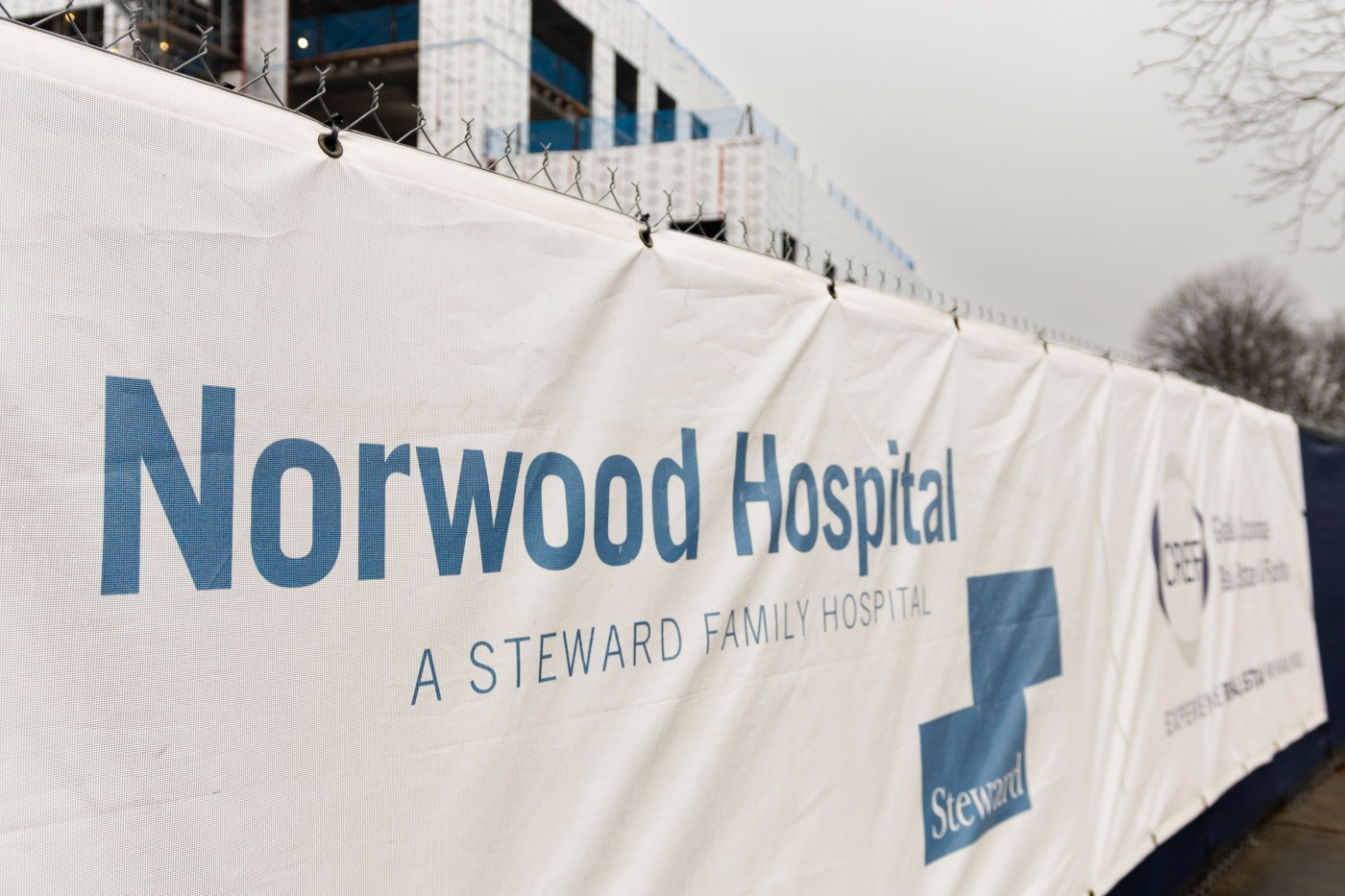
Healey preparing for disruption to Massachusetts healthcare amid Steward’s financial challenges
Gov. Maura Healey says she is not waiting to prepare for a potential disruption to the state’s healthcare landscape as a major hospital provider will reportedly shutter some of its Massachusetts locations.
The governor, in an interview with WBUR on Friday, said the state has yet to receive a formal plan on how the Dallas-based healthcare operator Steward Health Care, which owns nine Bay State hospitals, looks to overcome massive financial challenges.
Steward Health Care reportedly owes $50 million in unpaid rent, according to a press release issued earlier this month by its owner, Medical Properties Trust, Inc. Steward is also the subject of more than a dozen lawsuits in Massachusetts filed by vendors and employees over unpaid invoices since 2022, an issue first brought to light by the Boston Globe.
“It’s not a great situation when a hospital is claiming or a system is coming to us saying that they are in real financial distress,” Healey told WBUR, “but we are just going to continue to work on it.”
“We’re going to make sure patients are protected and jobs are preserved and the stability of the system is maintained,” she continued.
The company announced last month that its Stoughton hospital, New England Sinai, will definitely be shuttering in the spring.
At least four more of its hospitals could be in jeopardy of being sold “as soon as possible,” U.S. Rep. Stephen Lynch told WCVB on Thursday, including Nashoba Valley in Ayer, St. Elizabeth’s Medical Center in Brighton, Holy Family in Haverhill and Norwood, which has been closed since a devastating flood in June 2020.
Steward also operates Carney Hospital in Dorchester, Good Samaritan Medical Center in Brockton, Holy Family in Haverhill and Methuen, Morton Hospital in Taunton, Saint Anne’s Hospital in Fall River.
A Steward spokesperson said the company is “openly engaging in discussions” with the Healey administration and legislators “to find solutions that will keep these hospitals open and serving patients.”
The spokesperson declined to elaborate on what discussions have involved and what the different options may entail.
Medical Properties Trust said it has “agreed to fund a new $60 million bridge loan” in a plan that has Steward exploring “several strategic transactions, including the potential sale or re-tenanting of certain hospital operations as well as the divestiture of non-core operations.”
Steward has said 70% of its patients are covered by Medicaid or Medicare, and it employs more than 16,000 nurses, doctors and other healthcare workers. It has cited poor reimbursement rates for Medicare and Medicaid services as a driver behind its financial challenges.
Massachusetts Nurses Association, in a statement to the Herald, said it’s engaged with the state and “remains committed to providing health care in their communities in the hospitals currently operated by Steward.” The union represents more than 23,000 nurses and healthcare professionals.
“Throughout the state, the healthcare system is at full capacity,” the union said. “The loss of any services at this time would be devastating to a system that is already overwhelmed and to the vulnerable communities they serve.”
WBUR reported that the Healey administration met with hospital leaders Thursday, discussing contingency plans such as “dividing Steward’s facilities among some of the state’s other hospital groups” and “declaring a public health emergency to allow a state takeover of some facilities.”
U.S. Sens. Ed Markey and Elizabeth Warren, along with the state’s nine representatives, sent a letter to Steward CEO Ralph de la Torre on Tuesday requesting a briefing on the company’s financial position and its plan for its Massachusetts facilities.
The company had not responded to the request as of Friday, Markey’s spokesperson told the Herald.
“I call on Steward and its lenders to pursue every option to limit the impact of these financial challenges on patients, and to not offload the debt onto our communities and the Commonwealth,” Markey said in a statement. “We cannot make people travel farther and wait longer for care and expect health care providers at surrounding health facilities to take on the additional patients.”


